Cool World, The (1963)
“We’ve got to try twice as hard as they do — otherwise we’re sunk!”
|
Synopsis: |
|
Genres, Themes, Actors, and Directors:
Review: Indeed, the film opens with a fiery speech by a street-speaker about the evils of “White demons” ruling over black bodies and lives for 600 years: … and from there, we see a White teacher taking his Black students on a trip to Wall Street, explaining the origins of the name. The irony of what follows next in the loose narrative — which includes plenty of violence, poverty, and drug use — is not lost, given that the lives of the young adults in this film are fueled by all the options NOT given to them in a White man’s America. Unfortunately, this film is currently unavailable except in bootleg versions, which compromises the viewing experience — especially given that it’s often challenging to make out exactly what characters are saying; however, Clarke’s fluid direction and DP Baird Bryant’s fast-moving, ultra-mobile camerawork at least provide us with a visceral sense of this world. In 1,001 Movies You Must See Before You Die, editor Stephen J. Schneider describes this hard-to-find film as “a raw, unflinching look at the power struggles and casual violence of Harlem’s street gangs,” and argues you should “find a copy somewhere, somehow — you won’t regret it.” Viewers will have to decide for themselves if it’s worth seeking out, but it does represent a significant attempt in mid-century cinema to represent a more authentic perspective on Black American life (albeit one helmed by a White woman). Notable Performances, Qualities, and Moments: Must See? Categories
(Listed in 1001 Movies You Must See Before You Die) Links: |
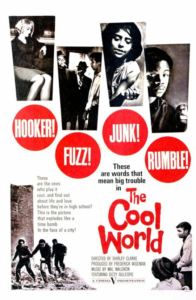
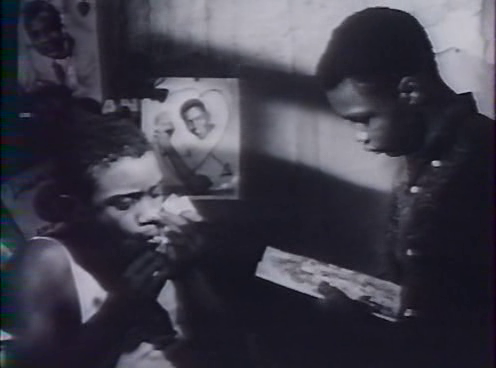
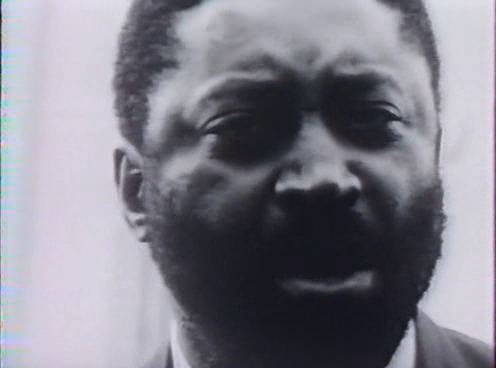
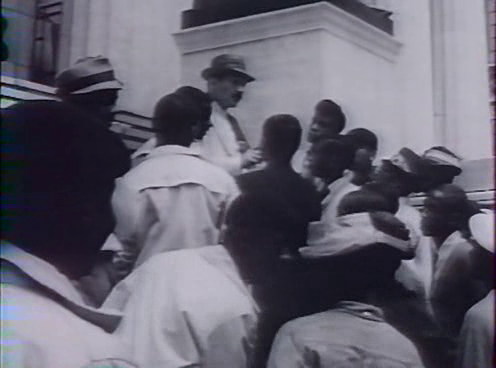
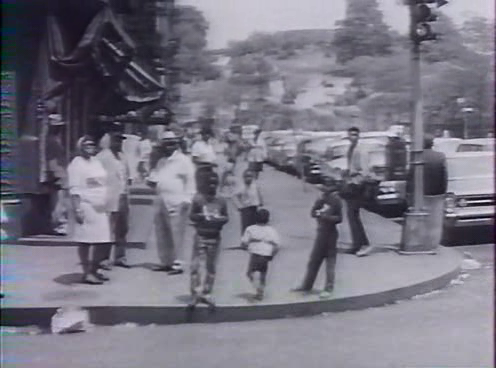
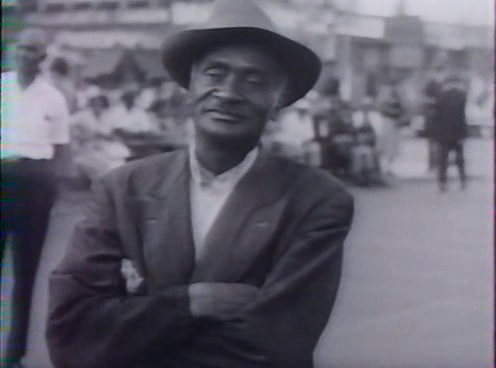
One thought on “Cool World, The (1963)”
First viewing. Not must-see.
While I can, to some degree, appreciate some of the more-positive points brought out in the assessment, I’ve got to admit this is a difficult flick to sit through – not because of the content, or even the often-shoddy way it was put together (though that doesn’t help), but mainly because it doesn’t seem anchored in a strong, unique point-of-view.
As well, director Clarke brings us a largely presentational collage of familiar scenes from a world that has been presented in a more compelling manner elsewhere (even in blaxploitation films).
What we mainly come away with is the echo of Clanton telling us in voiceover time and time and time again how much he wants to get his hands on a gun.
It may have had a kind of impact in 1963, but there may now be a very good reason why this film is so difficult to find.